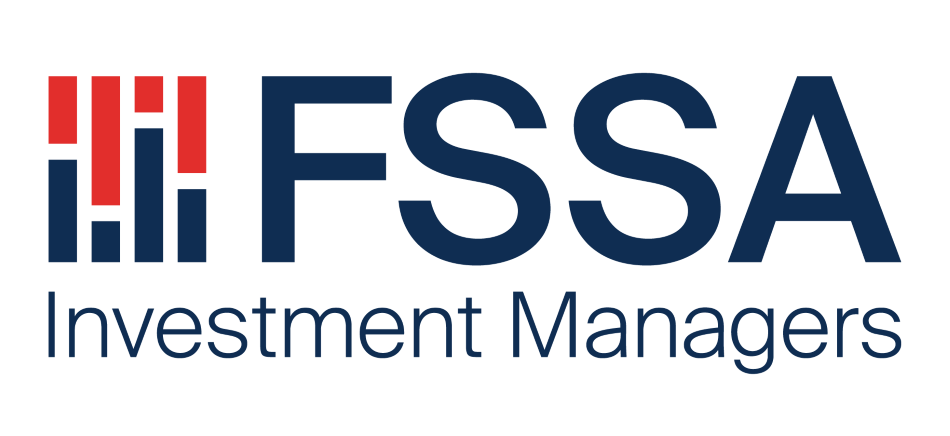A monthly review and outlook of the Asian Quality Bond market.
Market commentary - as at July 2017
Asian credit market continued its recent lackluster trend with spreads trading in a tight range throughout the month while investors remained more focused in the new issuance market. Amidst the low volatility with the exception of a few idiosyncratic high yield names, JACI managed to eke out a small gain of 0.55% largely attributed to coupon return. Spread return by countries were mixed. Indonesia, Mongolia and Sri Lanka turned in yet another month of impressive gains having led the pack since the start of the year, while Macau, Pakistan and Thailand detracted value during the month.
Amid ongoing discussion around reduction of balance sheet, the US Federal Open Market Committee (FOMC) left rates unchanged at 1.0-1.25% as widely expected. The Fed’s statement noted improvements in the labor market but stressed that they are monitoring inflation developments closely. A more detailed discussion of how the reduction in asset purchases will work was also outlined, increasing expectations that during the September meeting we will see the start of a reduction in the balance sheet, while interest rate will likely remain unchanged until December.
Rhetoric from the European Central Bank (ECB) remains on the hawkish side, but seemingly watered down from the initial aggressive interpretation of ECB President Draghi’s speech in late June. Nonetheless, it needs to be noted that the European situation contrasts with the US in that the rate of increase in the balance sheet will need to be reduced before it is able to fall. The Bank of England is in a similar situation of having turned more hawkish of late, with an increasing number of dissenting votes supporting a rate hike coming to light. The looming Brexit negotiations remains a risk for decision makers.
During the month, rumors were rife that Chinese regulator has blocked Chinese banks from lending to the Dalian Wanda Group as the group’s recent foreign acquisitions were seen to be overly aggressive and at odds with the government’s capital restriction. This created some nervousness in the high yield segment of the credit market where we witnessed Dalian Wanda bonds at one stage dropping more than 10 points. Subsequent, Wanda announced on the 19 July 2017 that it plans to sell 77 hotels in China to Guangzhou R&F Properties Co. Ltd. and a 91% stake in 13 tourism projects to Sunac. This development all but allayed the fears that the government’s move will force Dalian Wanda to go into financial distress, much to the relief of the market.
Issuance for July totaled USD 20.6b, almost equally split between investment grade and high yield. China accounted for 48% of total issuance in July, followed by Korea at 15%, Indonesia at 13% and India at 10%. Year to date supply is now at 68% versus the same period last year. A noteworthy point is that high yield corporate issuance is up by almost 408% year over year following a barren spell in the past two years.
Please click Download PDF for full article.









 Australia
Australia  New Zealand
New Zealand  Singapore
Singapore 















 United Kingdom
United Kingdom 